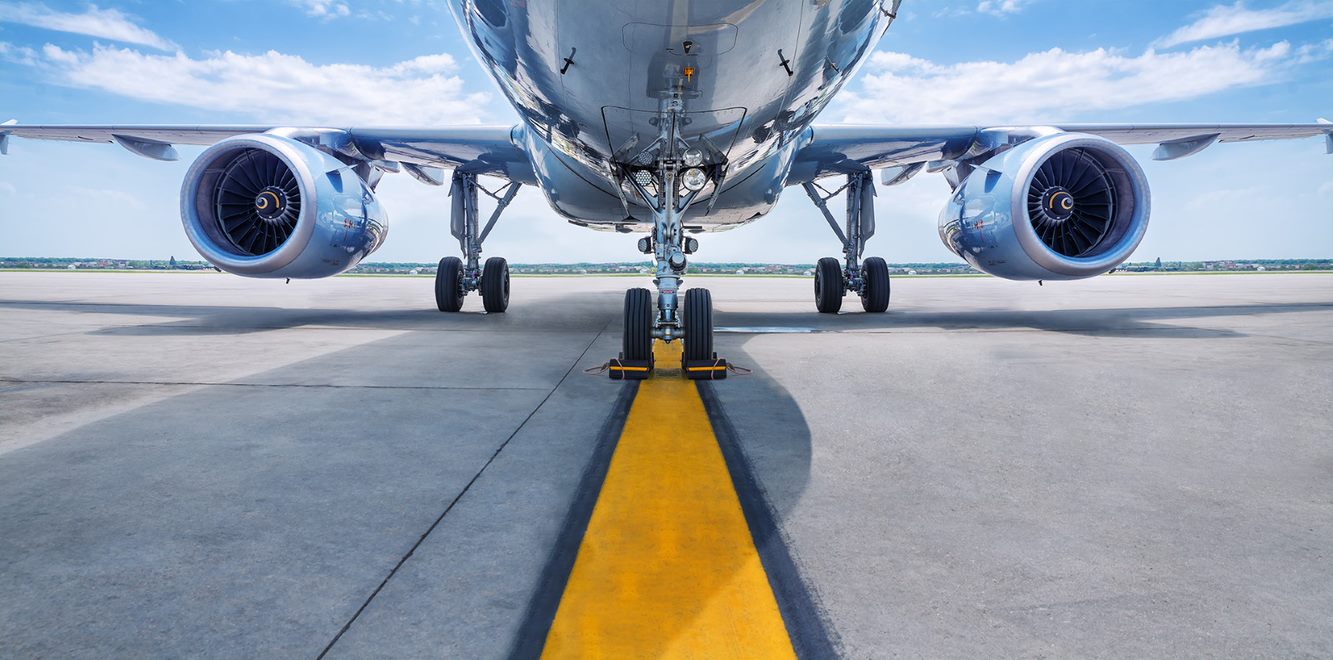Bankrupt LATAM Airlines (LTM.SN) and Avianca Holdings AVT_p.CN are dramatically retrenching their once grand ambitions amid the COVID-19 pandemic, reducing competition in Latin America as they mull once-unthinkable cooperation with rivals.
Since May, LATAM has exited Argentina, partnered with rival Azul SA (AZUL.N) in Brazil and cut back domestic operations in Chile, while Avianca has departed Peru.
LATAM is now open to a deeper alliance with Azul, even as the two airlines usually control a combined 60% of Brazil’s domestic market.
The scaling back could reshape air travel in Latin America, weakening competition regionally and driving up ticket prices while also helping some carriers survive. The moves show how the industry is already shrinking through attrition, as airlines are too cash-strapped to consider buying the competition.
“More than consolidation, many airlines will disappear,” said Eliseo Llamazares, an aviation consultant at KPMG.
Latin American governments increasingly recognize there is a new reality, and have shifted their priorities to keeping local airlines alive instead of attracting new players.
Attrition has also occurred in Ecuador, where TAME shut down, and in Mexico, where Interjet has scaled back.
“If this trend is allowed to continue, connectivity around the region will be affected,” said Peter Cerda, vice president for the Americas at IATA, an airline industry group. “Less connectivity means less choice, and less choice usually translates into higher prices.”
All airlines in Latin America face some risk of disappearing, analysts say.
Dominant LATAM and Avianca have filed for bankruptcy protection, while auditors for Brazil’s Gol Linhas Aereas Inteligentes (GOLL4.SA) are seeking to include a formal warning in the airline’s financial statements that the carrier risks disappearing.
Azul and Aeromexico (AEROMEX.MX) have hired restructuring advisers, while Panama’s Copa Holdings (CPA.N) has not flown since late March, straining its finances.
One airline that could stand to benefit is Chile-based JetSMART, which is considering entering Brazil’s domestic market.
JetSMART’s expansion is backed by deep pockets at private equity firm Indigo Partners, which also holds stakes in Frontier, Wizz Air (WIZZ.L) and Mexico’s Volaris.
Indigo Partners founder Bill Franke told Reuters he expects to look into helping finance Avianca’s restructuring. That could bring Avianca closer to JetSMART, keeping the Colombian airline’s markets safe from competition. Avianca declined to comment…



